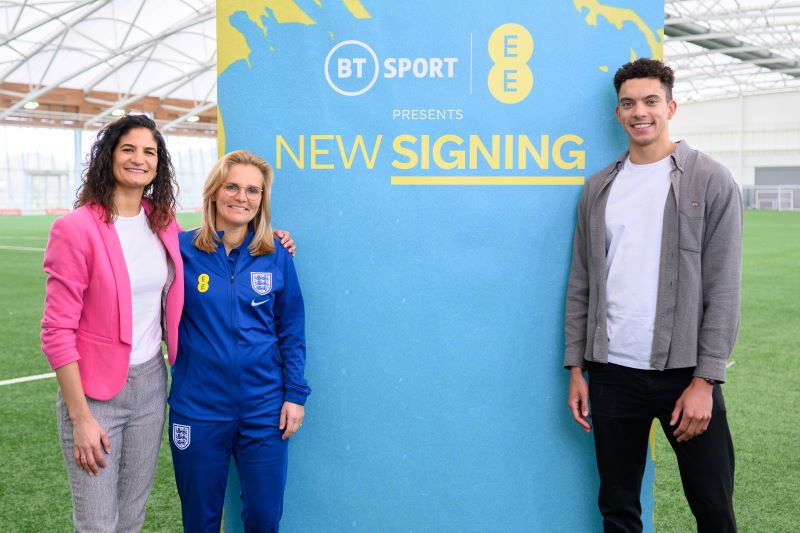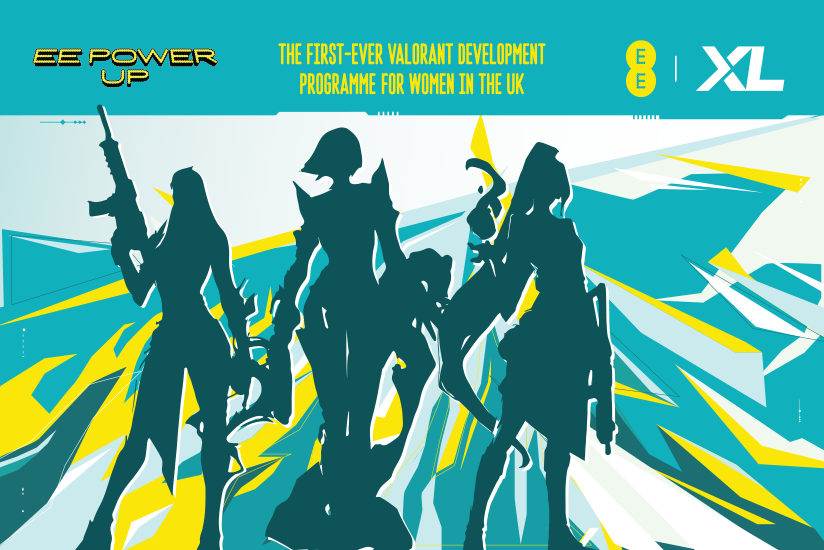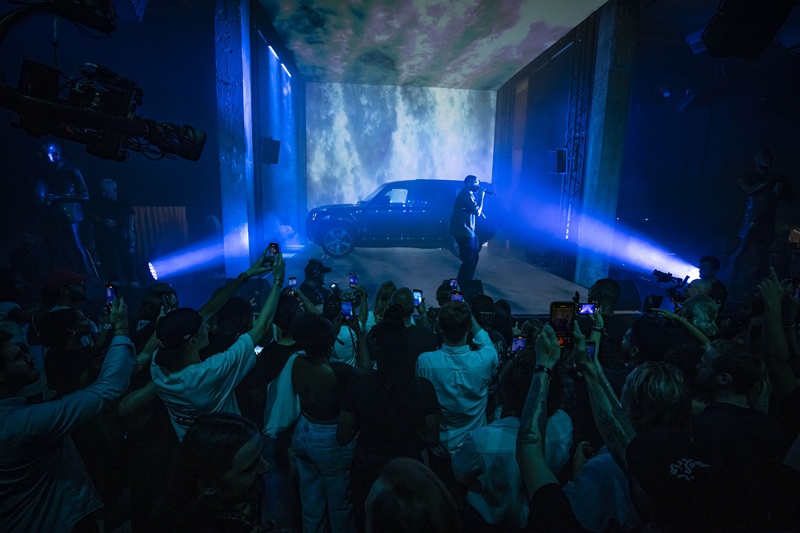Lucy Basden-Smith
Managing Partner

In brief, what does Havas Play do and what is your approach to sponsorship and partnerships?
We help brands and rights holders play meaningfully in culture – creating platforms for them to connect authentically with people over the things they care about.
Our work engages audiences and fans through actions and interactions which happen at the heart of their culture – ultimately delivering meaningful business outcomes for our clients via cutting-edge creative and data-powered media solutions.
What approach differentiates Havas Play and makes your sponsorship strategy unique?
At Havas Play we know that sponsorships are a powerful tool to deliver across brands’ business and brand objectives. So that’s where we start.
Fundamentally, what are we trying to move the dial on with this partnership? And what tools do we have access to within and around the partnership to do so?
Then we look at the landscape around the partnership to find a clear tension or need for the fan and rights holder, with the ambition of creating space for us to develop an authentic role for the brand to activate meaningfully around this tension.
We do this through data and insight in the first instance – then develop a solution that is creative and effective but that marries up with the brand’s wider strategy and approach. The result is a campaign that holds true relevance to the rights holder and fans and is packaged in a way that it can be supported across all areas and channels of the business.
One example is The New Signing, a campaign we developed with EE and BT Sport, using their Home Nations partnership. EE’s business objective through the partnership was to bolster EE brand love, amongst our engaged football communities.
Through our work with the FA and disability football we knew that the British Sign Language (BSL) community is under-served and under-represented in mainstream football. The campaign’s ambition was to empower BSL users to inspire their community and increase understanding amongst football fans at large.
The campaign identified and trained two people to become the world’s first BSL pundits, sharing their football opinions throughout the season – culminating in them joining the BT Sport pundit team for the 2023 UEFA Champions League Final. The campaign was so successful TNT Sport (previously BT Sport) renewed the pairs contract for the 23-24 season and EE have used this as a launch pad for more BSL-focused activity to come next year.

The element that sets this approach apart is our people and the network. Our network gives us unique and far-reaching access to data and insights that helps us reach a starting point that enables our clients to stand out from their competitors.
Then our team of brilliant creatives and sponsorship specialists develop this platform into something consumers can experience in a meaningful way. And we always manage to have a lot of fun along the way.
What do you see as current trends within sponsorship, and how are they affecting how you work and how you deliver on strategy?
I feel like people’s passions are broadening and developing en masse – opening up potential for new fandoms and platforms where brands can invest.
Men’s football still dominates the sports market from an engagement and participation POV in UK and Europe, but there are ‘new’ sports and trends opening up that our audiences are discovering and finding a permanent spot in their lives for.
Women’s football is about as far from a new sport as you can get, but fans and consumers are behaving differently towards it. It is gaining fandom and traction away from the men’s game that is unique to the women’s game. It’s welcoming, inclusive and energised – with a national team in England winning big games and getting to finals, backed up by a domestic league attracting the best players in the world. It has its own fashions, trends and creators who are accessible, relevant and driving participation and viewership in the sport.
And it’s not just women’s football, it’s a shift in mentality towards women’s sport in general and women’s participation more widely. It’s Glastonbury paying more attention to their headline stage line-ups; it’s BAFTA developing an awards ceremony that recognises talent on a wider scale; it’s gaming teams like XL diversifying their players and striving to create a safer place for women to play.
It’s different to 10 years ago, exciting and ripe for investors who want to see fast change in sports and areas of passion where fans and consumers are moving quickly.

How has sponsorship changed for Havas Play over the past few years, and what predictions can you make about how it’s going to change in the next five years?
Havas Play has changed a lot over the past five years, so what we can do for sponsors and rights holders has evolved and will hopefully continue to do so.
Our agency has more talent and depth in media content and partnerships than ever before, combining the power of bought and earned to deliver on more platforms for our clients in an increasingly more complex digital era.
We recently worked on JLR Defender’s brand sponsorship of the Men’s Rugby World Cup in France. We were challenged to create a sponsorship campaign that would work across all their channels and help them show up differently following the launch of their new Defender brand.
With our network of agencies in the UK and France, hand in hand with JLR’s advertising, media and hospitality agencies, we were able to create a truly 360 campaign.
Championing lesser-known trailblazers of the sport across TV and Out of Home ads, a launch event featuring Kano at Palais de Tokyo, in stadia assets, a mascot programme, fan village activation and a hospitality programme that spanned the course of the championship. During the campaign the brand saw an uplift in traffic to their digital sites of 67%, an increase in engagement of 15% when they were there and an increase of over 82k TikTok users to their channel, which launched the week before the tournament began.

Anticipating how this digital landscape in sponsorship will develop further over the next five years so that we remain relevant and innovative for our clients will be key.
We’re set up well to do this, not only from an agency perspective, but also within a group and network leading the charge in many of these areas – putting us in a strong position to adapt quickly and remain dynamic.

